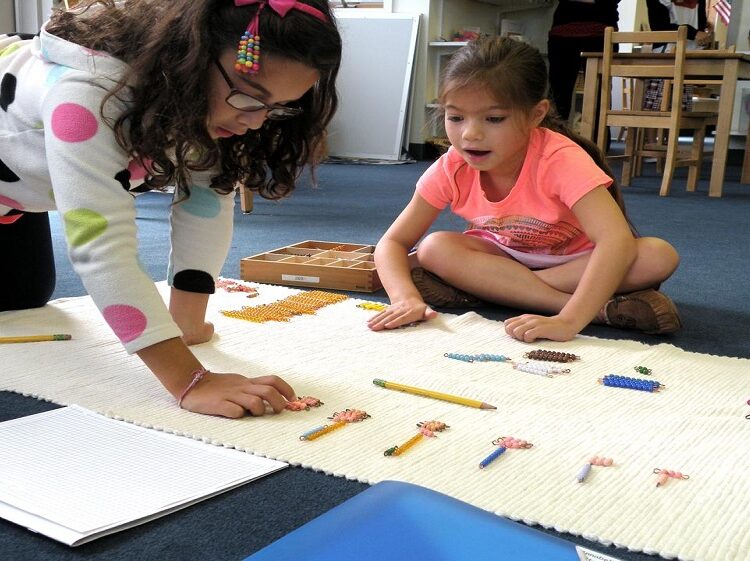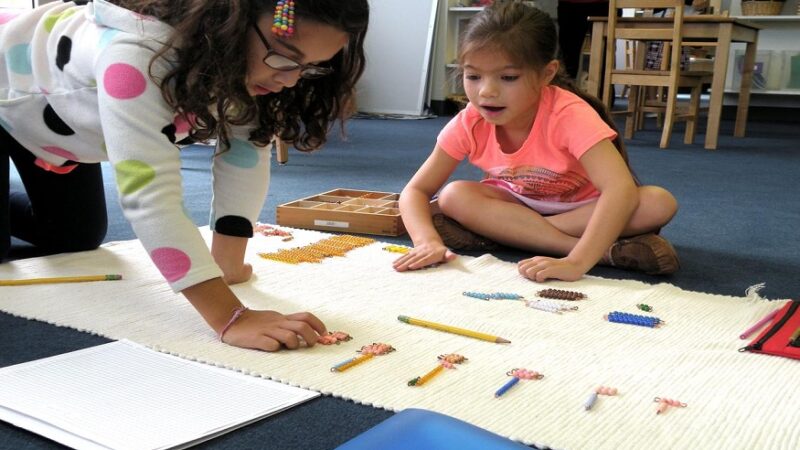Childhood is the most crucial period. This is in terms of brain development and learning. The experiences that children undergo during these years don’t just influence their cognitive development. They also affect their social and emotional development. Children will be enabled to build a solid foundation for lifelong learning, but of course, with the assistance of effective strategies.
The Role of Early Intervention
Intervention at an early age also plays a significant role in ensuring that a child makes the most of themselves. An early intervention program Kuala Lumpur has arranged activities, treatments, and guidelines that cater to the needs of young children. The programs are applied to identify early developmental delays and offer avenues for enhancing learning, communication, and social skills.
The consistency in the learning environment and the home environment will be achieved through early intervention programs conducted concurrently by parents and teachers. Children will have an upper hand in certain exercises and routines that will help build skills. It becomes possible to avoid future issues by means of early identification and support of young learners.
Key Strategies for Early Childhood Development
Young children should be instructed, given the opportunity to play, and nurtured emotionally. The following are some of the best strategies:
1. Play-Based Learning
The best way to learn is through play. Activities that foster cognitive development include problem-solving, creativity, and imagination.
2. Language and Communication
Vocabulary and comprehension are acquired through the support of reading aloud, storytelling, and conversing with others. Aiding children to express themselves inculcates confidence and socialisation skills.
3. Sensory
Fine and gross motor skills have been strengthened with the help of movement, music, and hands-on experiences. These activities also help build and coordinate the brain.
4. Social and Emotional Support
Emotional intelligence isn’t just taught through teaching empathy. It is also taught through sharing and cooperation. Through positive reinforcement, children can mature to form healthy relationships.
5. Routine and Structure
Routine and structure don’t just make the children feel safe. They also make them feel predictable in their daily lives. With the aid of planned schedules, children are able to cope with transitions with relative ease.
Is There a Need for Parental Involvement?
The role of the parents is very significant. This is true, especially during early childhood. This doesn’t just involve engaging in activities and reading together. It encompasses reinforcing learning at home, too. The actions of parents also play a role in identifying impending challenges at an early age, and thus, corresponding support is offered.
Assistance in a healthy environment fosters growth and promotes curiosity among children. Cognition and emotional growth are stimulated by discovery and curiosity. The effect of balanced and effective learning is brought about by structured programs that are guided by parents.
In conclusion, plans, frequent support, and participation of parents and teachers are the key to successful early childhood development. Such programs and guidance are means of helping children pursue their full potential. Children have the opportunity to build a foundation for success in life through play-based learning. Early learning doesn’t just ensure that children emerge as confident. It ensures that it emerges as able and balanced.










